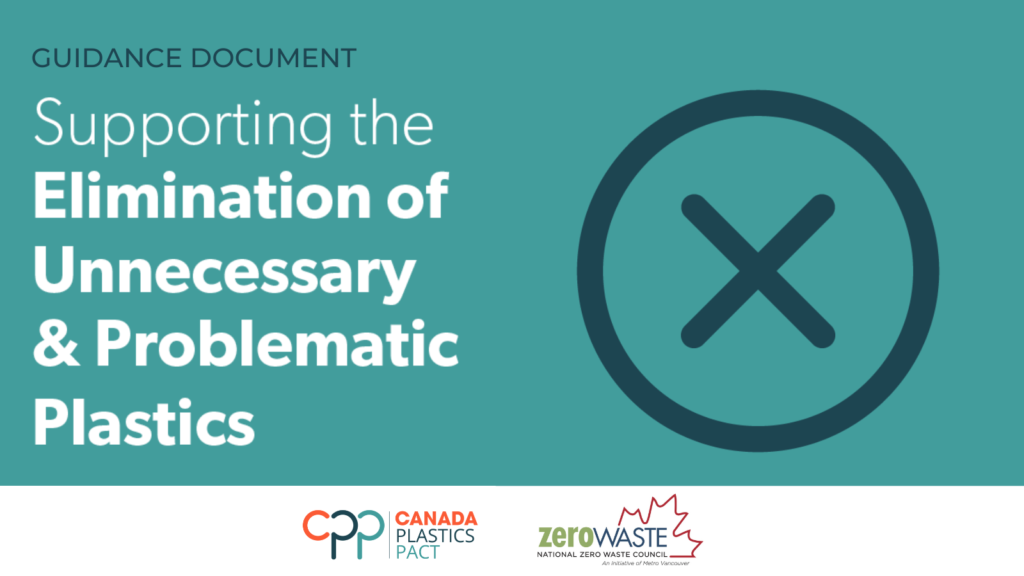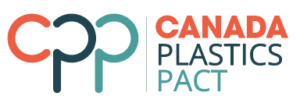
Improving Data Collection, Reporting & Transparency within the Plastics Packaging Value Chain
We know data matters. It’s what keeps us from making wrong decisions or staying idle when action is needed.
To address one of the most pressing environmental challenges of our time—eliminating plastic waste—we must harness the power of data to prevent unintended health and environmental consequences.
The Canada Plastics Pact, in collaboration with Circular Economy Leadership Canada, has released a discussion paper prepared by Intafesu Consulting to explore the challenges the Canadian consumer packaged goods industry faces with plastics data gaps as it strives to achieve reductions in overall packaging waste – plastics and other single-use materials – alongside carbon emission reduction goals. This includes meeting evolving regulatory reporting requirements into extended producer responsibility (EPR) programs, expanded deposit return system (DRS) programs, as well as requirements under the federal government’s Zero Plastic Waste Agenda.
Meeting these commitments will require efficient and effective plastics data collection and reporting. However, plastics data collection and reporting are currently a daunting challenge for the Canadian industry. Reporting on plastics usage, disposal, and the ensuing environmental impacts is increasingly cost and time-consuming, driving the industry to mitigate risk through the adoption of plastics data reporting best practices. Benchmarking plastics waste management activities and their effectiveness to increase plastics circularity and reduce leakage into the environment against international trends is also a growing challenge.
This discussion paper identifies the following underlying root causes that underpin the leading barriers and challenges to effective and efficient plastics data collection and reporting:
- Drivers for plastics data collection vary and are highly localized
- Lack of a systems-based approach to plastics data collection and reporting
- Lack of a strategic focus to plastics data collection and reporting
The paper also outlines the following key priorities for effective plastic packaging data collection and reporting:
- Plastic packaging data collection and reporting frameworks should look to leverage existing standards and solutions.
- Efforts to harmonize the data collection and reporting efforts across Canada must be improved, including addressing the various activities, priorities, and decisions at local, provincial, national, and international levels.
To advance a more strategic and harmonized approach to plastics data collection and reporting, we will convene key stakeholders to validate perspectives on the key challenges and barriers and identify the important solutions and a pathway forward for strengthening data and reporting efforts across Canada’s packaging value chain.





